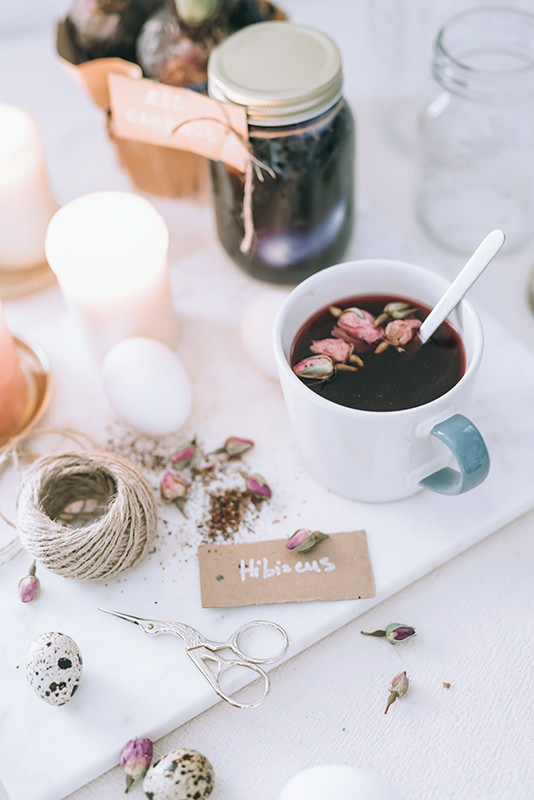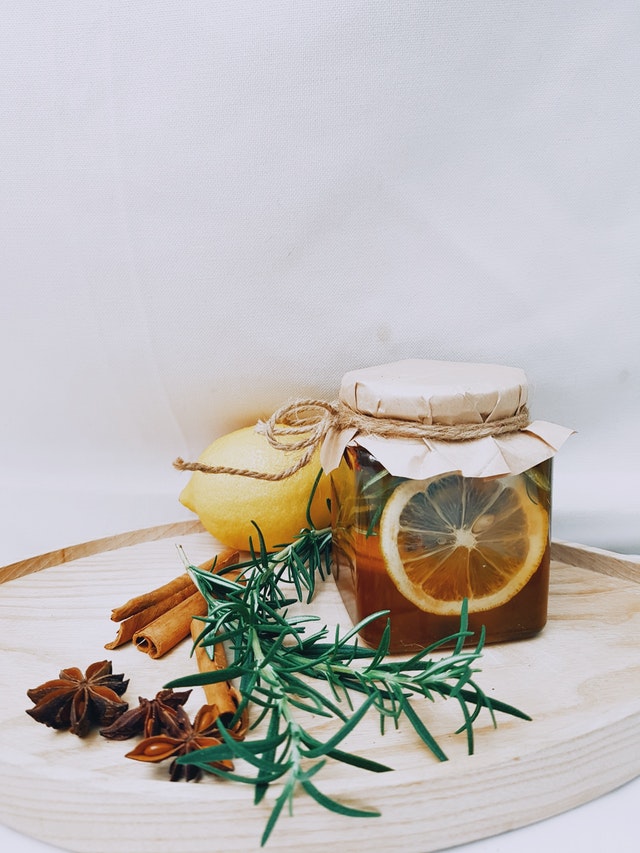


In my 13 years in practice as a medical herbalist I’ve worked with a lot of women navigating the menopause.
Thankfully, menopause and peri-menopause is becoming a hot topic. Once taboo, now menopause is being taken seriously enough for it to be on the agenda in HR departments as well as in women’s magazines.
This is all a good thing. But it does mean, inevitably, that an industry is springing up around the needs of menopausal people. All of a sudden there’s a deluge of products, services, books and treatments on offer targeting those experiencing peri-menopausal and menopausal symptoms.
So how do you know what to trust? In this blog I discuss how herbal medicine can help you navigate the menopause. And I also share some red flags to look out for when seeking help with your symptoms.
What is menopause and perimenopause?
Menopause is when your periods stop. Perimenopause, means ‘around menopause’ and refers to the time when your body makes the transition to menopause. Your body’s oestrogen and progesterone levels drop, and this can cause a range of symptoms such as:
- Irregular periods
- Breast tenderness
- Mood swings
- Insomnia
- Hot flushes
- Vaginal dryness
- Fatigue
- Lower sex drive
- Brain fog
You may be peri-menopausal for a number of years before your periods stop completely. Given that any one of these symptoms on their own can make life more difficult, and that half the population are likely to experience a few of them, it’s high time peri-menopause is being taken seriously.
What can help?
As ever, there isn’t a one size fits all answer to this question. And this is why the rocketing numbers of products aimed at peri-menopausal women is so alarming. I’m not going to name and shame brands, but it is likely that shampoo targeted at peri-menopausal people is an opportunistic marketing ploy. And I’ve spotted ‘menopause tea’ sold by a company with no experience in blending herbs medicinally, which is using seemingly random ingredients (probably based on their taste rather than whether or not they do anything for peri-menopausal symptoms).
No two people will experience peri-menopause in exactly the same way. And even if they have the same symptoms, the causes of those symptoms can be multi-faceted. So what might help one woman’s hot flushes, for example, may not work with someone else.
Medical herbalists are trained to dig deep into the root cause of what’s going on. A medical herbalist will look at the bigger picture – your medical history, your presenting symptoms, and also your lifestyle. We are then able to come up with a prescription that works with your body and the situation you’re in, rather than something off the shelf.
The problem with off-the-shelf answers
Health food shops provide training for their staff to help sell their products.
The information for that training usually comes from the manufacturer of those products. Is that shop assistant going to be informed enough about you, your situation or the product to really help you? Probably not. While they may be working with the very best of intentions, their training is too limited to offer more than a generalised hope that a product may work. There are also a limited number of herbs available to be included in their ‘off-the shelf’ products. A generic ‘menopause herbal formula’ available through a health food shop will typically comprise of a few phyto-oestrogenic herbs with random fillers and some vitamins and minerals. A qualified medical herbalist has many more herbs available in their dispensary. It may be you could also benefit from extra liver support ( to help process excess hormones), nervine support ( to help with anxiety and sleep), or your hot flushes may be accompanied by a general over dryness rather than hot-sweats which requires an entirely different approach.
And there are risks too. ‘Natural’ doesn’t always mean ‘harmless’. It can be dangerous to take off the shelf herbal supplements in combination with other medication or without paying careful attention to the dose.
As a medical herbalist I have a responsibility to offer you the most appropriate advice for your health needs. Sometimes that means I will tell you that herbs aren’t appropriate! Or I will support you to go back to your GP for medication or further tests before proceeding with the herbal treatment. When I do prescribe herbs I can tailor the ingredients and dosage to address all the issues you are experiencing, within the context that you’re experiencing them. And can adjust the prescription as your needs change.
Get support that will help you
If you are experiencing peri-menopausal symptoms, there are certainly some general recommendations you can follow to try and alleviate symptoms. Drinking more water, practicing sleep hygiene, making time for regular exercise and eating a diet rich in calcium and vitamin D are all examples of ways you can support your body and your wellbeing during the peri-menopausal years.
But if you find your symptoms are impacting negatively on your life, I urge you to seek personalised help. When I work with menopausal clients I prepare a bespoke mix of herbs to work long term to improve hormone balance as well as directly addressing individual symptoms. No two prescriptions are the same as every patient has different constitutions, a different pattern of symptoms and different priorities.
So you can be confident in the knowledge that a trained professional will be working to find solutions that are just right for you.
You can book in a consultation with me here.


0 Comments